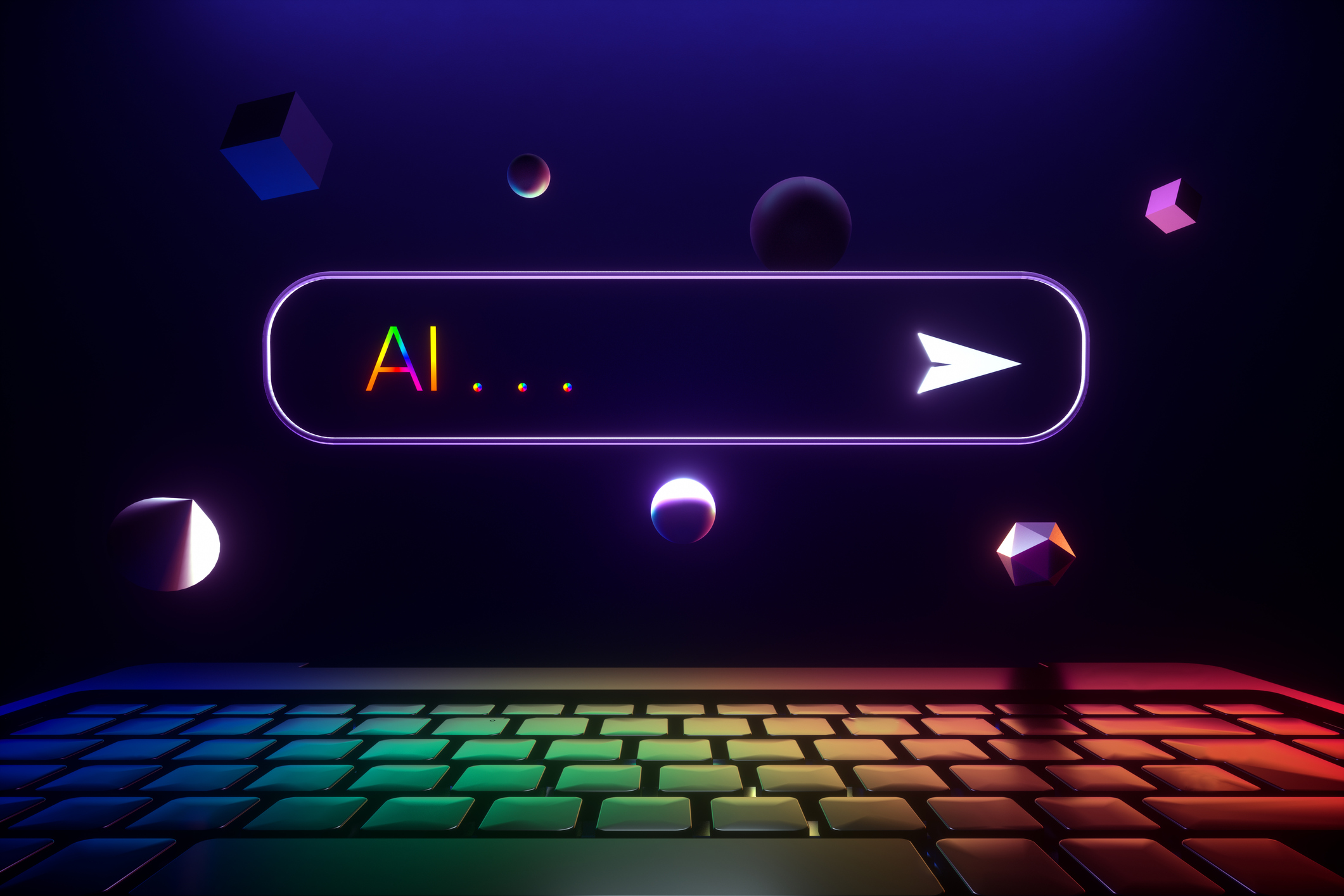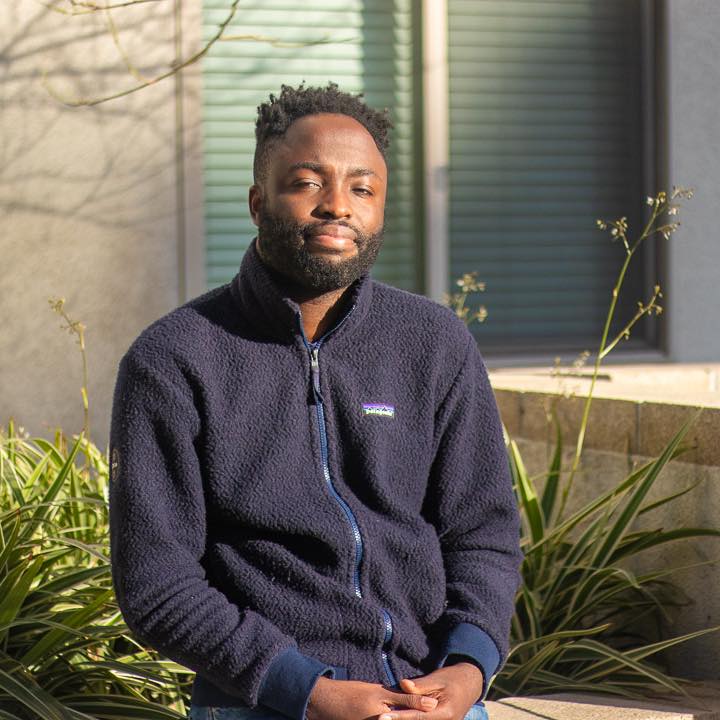Editorial Note: Opinions and thoughts are the author’s own and not those of AFROTECH™.
Since the release of ChatGPT two years ago, everyone has been talking about how artificial intelligence would change the world. Whether it was getting any answer you needed at the drop of a hat or creating any image or video you wanted just by describing it, the hours and money that would have gone into either are no longer an issue because AI does all the work on your behalf.
When techies discuss the work AI could help someone do, they always focus on those in white-collar jobs, assisting them in searching or summarizing vast amounts of unstructured data to provide the insights they need or the creations they want. That may explain why many AI companies target the same use cases and markets.
However, I believe the power of AI doesn’t just lie in reimagining how we experience our digital and physical worlds. After the pandemic, a term was coined: “revenge spending”— essentially, people getting back at the virus for keeping them from enjoying life outside by spending money on experiences. For this reason, I believe the intersection of AI and the real world presents opportunities not just from a technological or social perspective, but also from a financial one. Bridging the gap between these two realms could create a variety of lucrative avenues.
I’ll touch on companies doing great work in this space, the types of backgrounds they typically look for, and how that could change access to startup opportunities in the future.
Over the last fifteen years in tech, computer science and coding backgrounds have been the most sought-after skill sets for employment. However, in the evolving world of AI and its integration within the real world, skill sets previously overlooked in favor of building digital experiences are now playing a significant role in shaping this intersection.
For example, Meta, the owner of Facebook, Instagram, and WhatsApp, once focused on optimizing skills to create consumer software products and a profitable ad business. While that part of Meta’s business is still growing rapidly, it is no longer the primary focus of its future investments. Meta is now working to bridge the gap between digital and physical experiences.
On Oct. 17, 2023, Meta and Ray-Ban released their second-generation smart glasses, referred to as Meta Smart Glasses. Recently, Meta showcased how Meta AI integrates with these glasses, helping users learn more about the world around them and even translate languages. These glasses have gained so much popularity that Meta and Luxottica (Ray-Ban’s owner) have extended their partnership beyond 2030.
Meta seeks skills that are not only AI-specific but also hardware-focused to bring these glasses to life. They are currently hiring electrical engineers, linguists, and experts in hard sciences like materials science, chemistry, and physics. Previously, individuals with these skills might have worked at large legacy companies in their respective industries. Now, they can find opportunities at Meta that align with their interests.
As we continue to build the bridge between AI and the real world, we’ll create more diverse career opportunities. Expanding the options for people to use their skill sets benefits both companies and employees, fostering long-term morale in their roles.
Another area of career opportunities in AI’s intersection with the real world is for those with operational backgrounds or those interested in operations-like roles. For example, an LA-based company, Metropolis, which operates in parking and computer vision, hires for various operational roles to ensure smooth experiences for drivers. In the past, most opportunities were available for people comfortable working behind a computer. However, as this area of technology grows, there will be a greater need for individuals willing to work in the field and get their hands dirty.
Given the diverse skills required to bring these products to market, I believe more startups will begin hiring talent from regions of the U.S. that naturally produce this type of expertise, such as the Midwest. Big ten universities, home to many industrial, electrical, and mechanical engineering graduates, will likely become a focus for these companies. Fortune 500 companies routinely hire operational talent from large public universities, which could give graduates a broader range of opportunities to build bridges between the digital and physical worlds.
I am excited to see how AI can change not only the way we experience the world on our phones, but also how it transforms our cities and homes.


